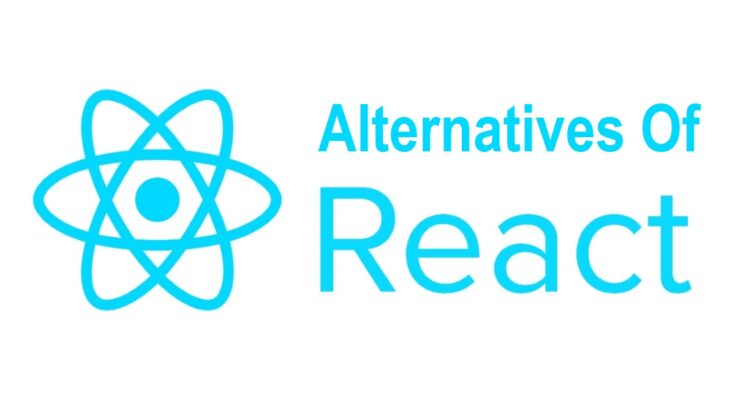Developed by Facebook Inc. in 2015, React Native is one of the most popular mobile app development frameworks that helps in the development of mobile apps for iOS, Android, and Windows platforms. Being an open-source framework, it facilitates faster and scalable app development, saving developers’ time and efforts. What makes React Native the most appealing mobile app development framework is its allowing maximum code reuse and cost-saving, being UI focussed, offering GPU usage for strong performance on all mobile devices, and strong community support.
Developers providing reactjs development services can write native applications and share codes on various platforms seamlessly. Despite these top features, there are some cons of React Native that let developers seek other alternatives of React Native. Some of the disadvantages are having few third-party components, the requirement of native devs, still in beta phase, and inadequate handling of float computations.
Here is a checklist of some popular React Native alternatives:-
1. Xamarin
Xamarin is an open-source framework powered by C# (C-Sharp) language that facilitates developers to build single code solutions or cross-platform apps for iOS, Android, and Windows. Being a part of Microsoft’s Software development bundle, it gets complete technical support and is known for stability and performance. It provides 60-95% of reusable code with native performance using C# within the .NET framework.
2. Flutter
Developed by Google, Flutter is an open-source SDK or UI toolkit that helps developers create robust apps for web, mobile, and desktop platforms. What makes Flutter apart from others is that it is a blend of hardware-accelerated graphics and UI powered by native ARM code. Using the Dart programming language, this framework consists of a full set of widgets that offer pixel-perfect experiences. Besides mobile use, new updates are being made in Flutter to make it suitably work on Windows and iMac OS.
3. Cordova
When it comes to developing hybrid web apps or cross-platform mobile apps using HTML5, CSS3, and JavaScript, Apache Cordova provides an excellent app development framework. It reduces dependence on platform-centric APIs like that of Android or iOS. Some of the important features of Cordova that make it more versatile are a single code base, Command Line Interface (CLI), UI designed as webview, robust Plug-in architecture to facilitate linking JavaScript code to native code running in the backend, and its compatibility with various mobile app development tools and frameworks.
4. Ionic Framework
Ionic is a popular mobile app development framework that functions as an open-source SDK framework. Developed on top of Apache Cordova and Angular JS, developers using the latest version can choose from Angular, Vue.js, and React networks. Users can gain maximum leverage from modern technologies like SaaS, HTML 5, CSS, and JavaScript. Thus, it facilitates developers to use technologies for developing hybrid, easy-to-use, and efficient mobile applications, hybrid and Progressive web apps.
Conclusion
Choosing a well-reputed reactjs development services provider is crucial to get robust, scalable, and secure web and mobile apps. Although React Native is a popular app development framework having excellent features, developers can consider Xamarin, Flutter, Ionic Framework, and Apache Cordova as its alternatives.




